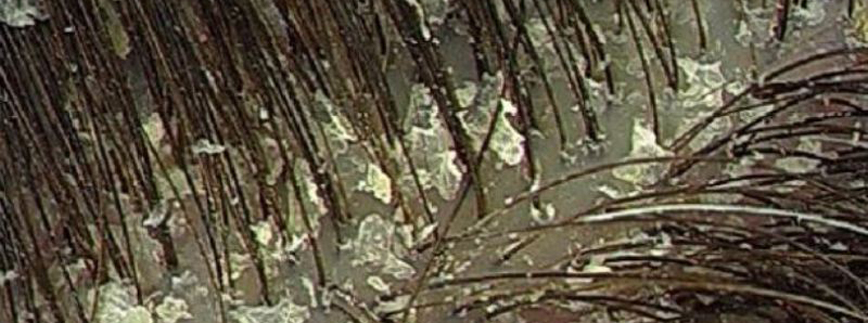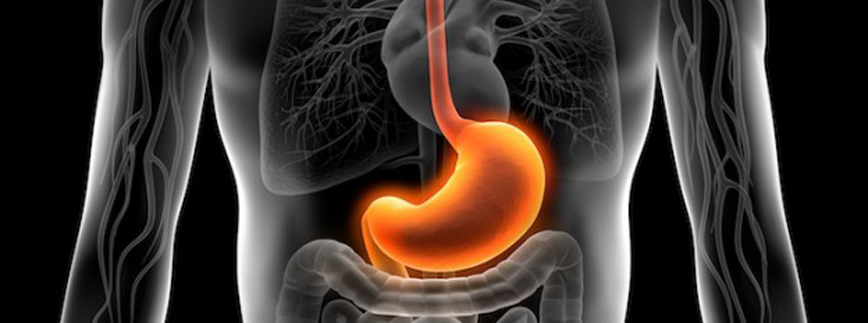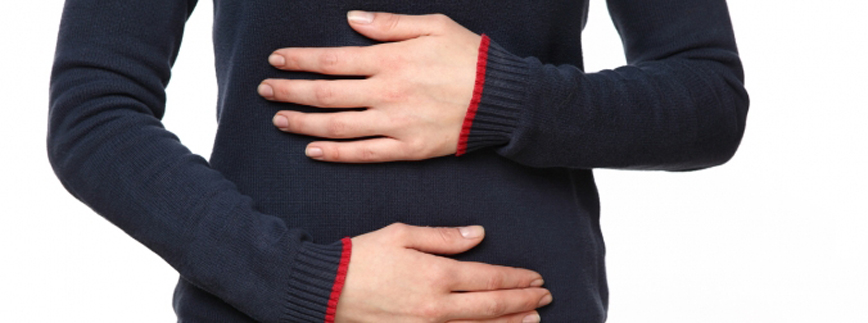
Scalp Psoriasis
Introduction Psoriasis is a condition in which skin cells multiply faster than a normal person’s, causing areas with thickened skin. Psoriasis can happen on any part of the body, and the term “scalp psoriasis” simply means that the psoriasis occurs on the scalp. The severity of the scalp psoriasis differs greatly from person to person. For some people, only a small area is affected, while for others, the affected parts can extend beyond the hairline onto the ears, forehead and neck. Some people might have psoriasis on their scalp only, while others could have psoriasis on other areas of the body. […]





